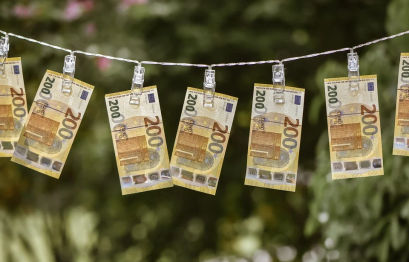The owner of a non-profit lab aiming to provide access to high-quality scientific equipment to children ran a clandestine money laundering operation, which involved selling drug dealers Bitcoin. Since 1994, Christopher Allan Boden had run The Geek Group, an educational facility in Grand Rapids, Michigan, MarketWatch reported.
Lab closed after federal raid
According to prosecutors, Boden and some of his employees started running a money laundering business in 2017. After federal agents raided the Geek Group in late 2018, it closed. On Monday, Boden pleaded guilty to charges of money laundering and making special deposits to evade financial institution reporting requirements. He faces up to 20 years in prison.
Boden’s attorney, Brian Lennon, explained Boden had turned to Bitcoin to fund the struggling science center:
He sold it to others at a small profit, to help pay the mortgage for the building, keep the utilities on, and to pay for education programming at the Geek Group. Despite the loss of his life’s work, his company, staff, reputation and nearly everything he owns, Mr. Boden continues working to this day to educate, inspire, and entertain anyone with a sincere and passionate desire to learn about science and technology.
According to the plea, Boden told customers that he sold ‘clean’ Bitcoin, that no one could trace to them, unlike the Bitcoin they would buy on licensed exchanges. The operation was exposed after an undercover FBI agent posing as a drug dealer and Boden exchange $15,000 for Bitcoin for a 15% fee.
Dirty and clean Bitcoin ‘mixed’
Court documents indicate the scheme involved buying Bitcoin and then mixing it with legitimate Bitcoin. Ultimately, ownership was obscured. Then, Boden would exchange the crypto for cash and deposit the cash into accounts in increments of less than $10,000 to evade banks’ reporting rеquirements.
According to Boden’s lawyer, Boden didn’t know he was required to register his operation because the transactions he was making were small. When he found out, he could not afford to pay the fees.
After the 2018 raid, Boden wrote on Facebook:
We never found a way to do it and make enough revenue to sustain it. We tried, some of us for decades, and ultimately failed. We’ve been broke as a joke for years and stumbled through, but with the recent PR hit from being raided by four different federal agencies while being unable to actually tell people the truth about why, we’ve finally hit the wall.












